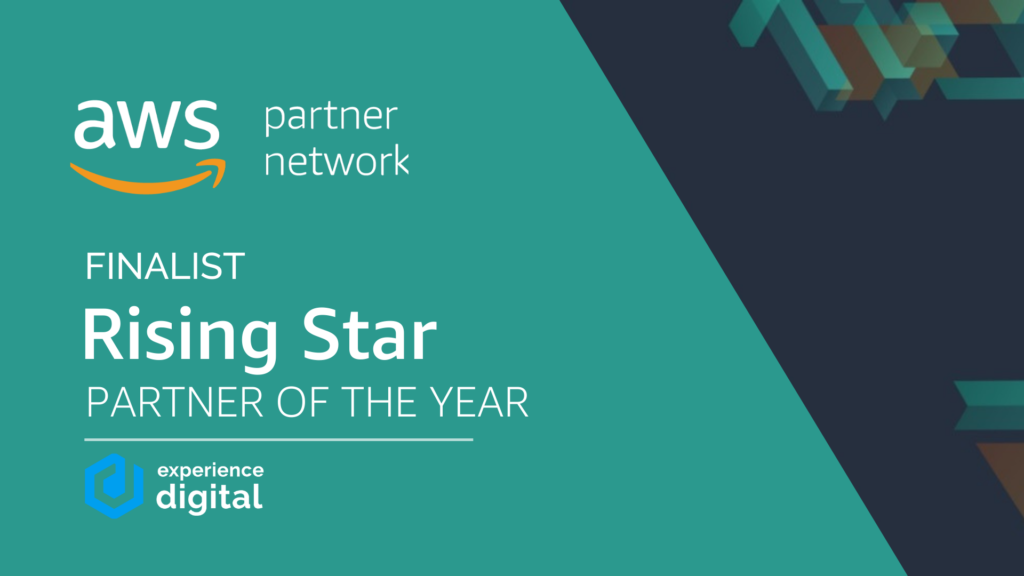Our chief operating officer, Kevin Calitz is a huge fan of Koschie’s business column. A recent article, penned by Chloe Potvin particularly piqued his interest as it dealt with Business Digital transformation, something we happen to know a little bit about.
The article referenced a White Paper by Progress which wrote up the findings of a 2016 Global Survey and was entitled “Are Businesses Really Digitally Transforming or Living in Digital Denial”.
The survey asked businesses from across the capitalist spectrum whether or not they were doing enough to translate their business to a digital age.
The findings were that many businesses (most) felt that they had to move toward a digital future, with many (most) businesses believing they were 1-3 years from performing the majority of their business digitally. Many businesses also felt that they may have left their transition too late.
Of primary interest to me, as a member of the sales team here at Experience Digital, were the statistics regarding reticence of adoption, organised by role demographic (CEO, COO etc). The study found that, by and large CEO’s are the most likely to advocate for change while, simultaneously are also most likely to resist change (49/48% respective).
Fear of change is not exactly a new phenomenon and failure to adopt new practices and new technologies is something that sees large, and small businesses fail time and time again.
Pointing to failed business ventures like Kodak, who obviously fell behind in a digital age is easy; businesses whose primary focus is production obviously need to scale with digital advancements to stay relevant. But what about service industries? What about mum and pop stores? What does the digital age offer these industries which are traditional holdouts and hark to a by-gone era of pen and pencil, brick and mortar operation?
In addressing this question it is important to note that the Progress White Paper was written based on the following premise: digitisation is a good thing. To fully and properly address the reticence issue you must first prove to an unwilling audience that digitisation is, in fact, going to make their business, and their lives better.
To many this is a hard sell. As a group, executives tend toward the older age brackets. Older people, as smart, as innovative and as capable as they inevitably are, are also, undeniably the least likely to adopt new technologies as they become available. Thus, key decision makers are also the more likely to be in the age demographic least likely to accept the premise on spec that technological, or digital translation is ‘an advancement’.
As the ‘digital age’ becomes more established the age of adoption is widening to include age groups who, historically have been left behind. Internet adoption rates in the US by Seniors (65 years +) have been steadily increasing and continue to increase as the internet itself becomes a more inclusive environment.
This, and including the obvious benefits of reaching a widening group of consumers, is a possible reason why CEO’s are the largest group pushing for digital adoption.
However, given that we live in a world where technology, and digital advancements come at a terrifying speed, it is not, and will never be a ‘given’ that a digital translation of capabilities or business processes will be seen as ‘good’. Therefore it falls to us, as experts in Business Analysis and the Digital Experience to convey these advancements, and the excitement we feel with regard to these advancements, to our prospective clients. It is up to us to provide that benefit in an easy to convey, easy to understand and outcomes driven brief so that the digitally progressive within an organisational structure have the ammunition they need to convince the reticent elements of their company.
Experience Digital provides this service through careful and deliberate analysis of business processes and operational figures. These are then used to provide thorough documentation detailing expected goals and productivity increases, thereby promoting digital advance by way of proof. Documentation in this space is incredibly important.
When I was young my best friend got Cable Internet. At the time I was on a 56k modem. The concept of 56k; that I could play and converse with people all over the world was a marvel and then, into my small world stepped high speed cable. It was breathtaking.
My parent’s weren’t sold. They advised my brother and I that if we wanted it we would have to convince them. Thus began my sales career as we convinced our parents, by way of figures and facts that cable was the way to go.
Fast forward nearly twenty years and this scenario is writ large in the Australian NBN debates. In this scenario people like myself; the eager and fact driven few, lost out to the digitally reticent peoples of Australia. It goes to show that, without a thorough presentation digital conservatism will inevitably breed reticence.
The US and the UN both see the internet as a human right. With a massive push to bring the developing world into the digital space it is reliant on us, in our privilege, to use this gift, given to us by way of location and birth, to create, to invent, to innovate and move forward. To blaze a path for others to follow and create an inviting space for everyone to innovate.
We truly see the digital future as bright. In seeing it so it is up to we, impassioned few to provide protection in the form of facts so that everyone can catch a glimpse of what, we know, may one day be. Let the facts be the bricks, and passion the mortar that build us a sturdy bridge, for over there lie innovation and a better, more inclusive tomorrow.






